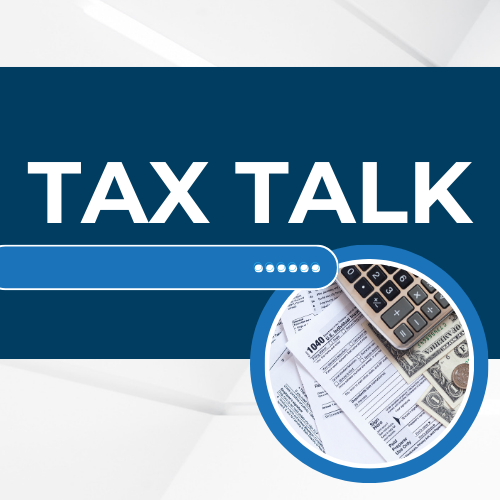Tax Tips for New Businesses
A few tax tips for your new business venture.

Embarking on a new entrepreneurial journey can be an exciting but financially demanding endeavor. The good news is that many startup costs incurred during the initial phase of starting a business can be deducted from your taxes. In this blog post, we will explore the concept of writing off startup costs, helping you understand how to maximize your tax benefits and alleviate some of the financial burdens associated with launching your own venture.
Identifying Qualifying Startup Costs
Startup costs typically encompass expenses incurred before your business officially begins its operations. These may include market research, legal fees, professional services, advertising and marketing expenses, equipment purchases, leasehold improvements, employee training, and initial inventory. It's important to distinguish startup costs from ongoing operational expenses, as they are subject to different tax treatment. Thoroughly document and categorize all qualifying startup costs to support your deductions when tax time arrives.
Amortization vs. Deduction
While some startup costs can be deducted in the year they are incurred, others may need to be amortized over a specific period. The IRS allows for the immediate deduction of up to $5,000 in startup costs in the year your business commences, with a gradual reduction for costs exceeding $50,000. The remaining costs can be amortized and deducted over a period of 180 months (15 years). Understanding the rules surrounding the timing of deductions and amortization is crucial to effectively plan your tax strategy and optimize your financial benefits.
Record-Keeping and Documentation
Maintaining accurate records and documentation is essential when claiming startup cost deductions. Keep a detailed record of all expenses incurred, including receipts, invoices, contracts, and financial statements. Create a separate ledger or folder specifically for startup costs to streamline the tracking process. Proper documentation will not only help you claim deductions accurately but also serve as evidence in case of an audit. Consider employing accounting software or consulting with a tax professional to ensure your records are well-organized and in compliance with tax regulations.
Launching a business involves various expenses, but knowing how to write off startup costs can significantly alleviate the financial strain. By identifying qualifying startup costs, understanding the nuances of deductions versus amortization, and maintaining meticulous records, you can maximize your tax benefits and start your entrepreneurial journey on a financially advantageous note. Seek guidance from a tax professional to ensure compliance with specific regulations and to tailor your tax strategy to your unique circumstances.
Quick Links
Contact Information
Business Hours
- Mon - Fri
- -
- Sat - Sun
- Closed















